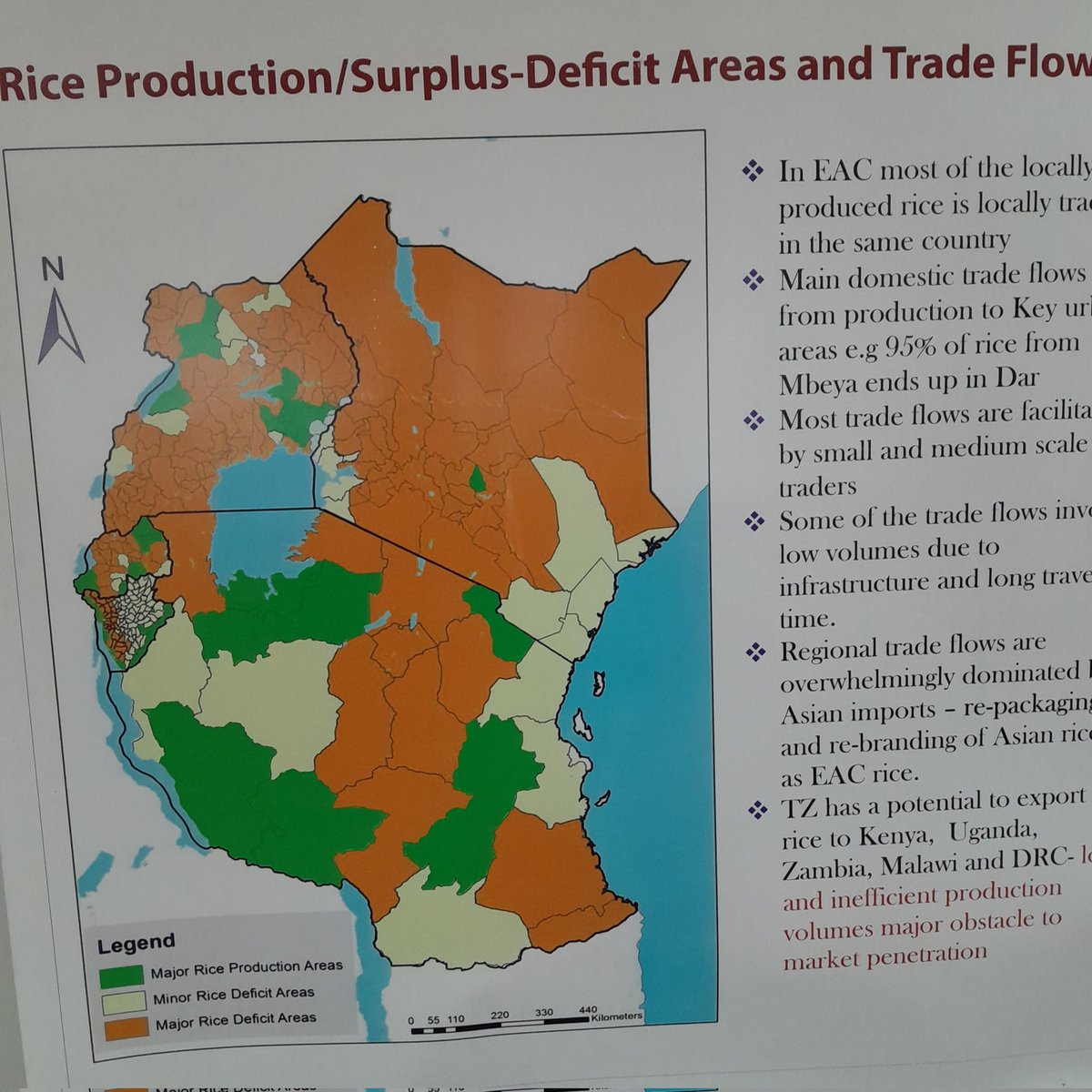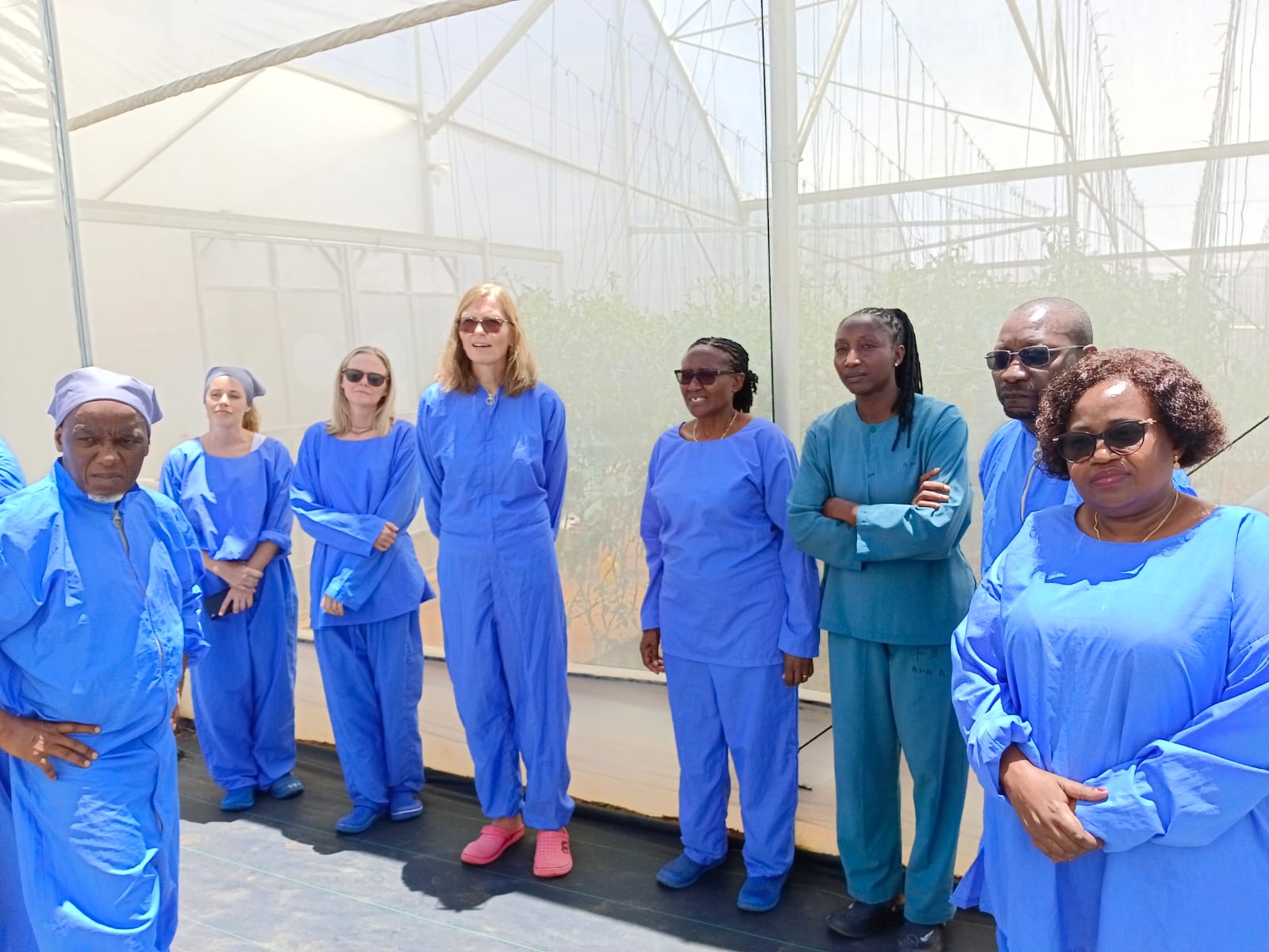Global Economic Outlook Remains Uncertain Amid AI Advancements and Geopolitical Challenges
Davos-Klosters, Switzerland, January 15, 2024 – The latest Chief Economists Outlook report, unveiled today at the World Economic Forum Annual Meeting 2024, paints a somber picture of the global economic landscape. The report, which synthesizes insights from top chief economists, indicates that the global economy is navigating through a maze of challenges, including stringent financial conditions, deepening geopolitical divisions, and the rapid evolution of generative artificial intelligence (AI).
According to the survey, a significant 56% of chief economists predict a weakening global economy in 2024, while 43% maintain a more stable or optimistic outlook. The survey also reveals a consensus on the expected easing of labor markets (77%) and financial conditions (70%) over the next year. Despite a universal reduction in high inflation expectations, regional growth forecasts vary considerably, with no area poised for robust growth in 2024.
Saadia Zahidi, Managing Director at the World Economic Forum, emphasized the fragile state of the global economy, citing “accelerating divergence,” tightening financial conditions, escalating global tensions, and increasing inequalities. Zahidi underscored the critical need for global cooperation to foster sustainable and inclusive economic growth.
Regional Analysis:
- South Asia and East Asia and Pacific: Remain optimistic, with the majority anticipating moderate growth in 2024.
- China: Shows caution due to weaker consumption, industrial production, and property market concerns.
- Europe: Experiences a significant downturn in outlook, with 77% expecting weak growth.
- United States and Middle East and North Africa: Present a dimmer view, with a reduced proportion forecasting moderate to strong growth.
- Latin America, the Caribbean, Sub-Saharan Africa, and Central Asia: Show a slight improvement in growth expectations, though predictions are still moderate.
Geopolitical and Economic Divisions: About 70% of chief economists foresee an acceleration in geoeconomic fragmentation, with geopolitical issues expected to induce volatility in the global economy and stock markets, promote localization, strengthen economic blocs, and exacerbate the North-South divide.
Industrial Policy and AI Impact: While there’s an expectation of new economic growth hotspots and industries due to industrial policies, concerns about fiscal strains and divergences between economies are prevalent. The impact of generative AI is anticipated to be more pronounced in high-income economies, enhancing efficiency and innovation. However, its net-positive impact on employment is debatable, especially in low-income economies.
About the Chief Economists Outlook Report: This comprehensive report is based on research, consultations, and surveys with leading economists from the public and private sectors. It is designed to outline the current economic scenario and guide policy-makers and business leaders in responding to global economic shocks.
About the World Economic Forum Annual Meeting 2024: Taking place from January 15-19 in Davos-Klosters, Switzerland, the meeting gathers global leaders to
discuss under the theme “Rebuilding Trust.” The gathering aims to address the pressing challenges facing the world today, including economic instability, technological advancements, and geopolitical tensions.
This year’s meeting is particularly significant, as it coincides with a period marked by rapid technological changes and shifting geopolitical landscapes. The focus is on understanding these dynamics and exploring ways to foster trust and cooperation among nations, businesses, and other global stakeholders.
In conclusion, the Chief Economists Outlook for 2024 presents a mixed bag of economic predictions, underscoring the complexities and uncertainties of the current global economic environment. The emphasis on AI’s role, varying regional growth prospects, and the impact of geopolitical tensions offer a nuanced understanding of the challenges and opportunities ahead. As leaders convene in Davos-Klosters, the world watches with anticipation, hoping for collaborative efforts that pave the way for a more stable and prosperous future.


